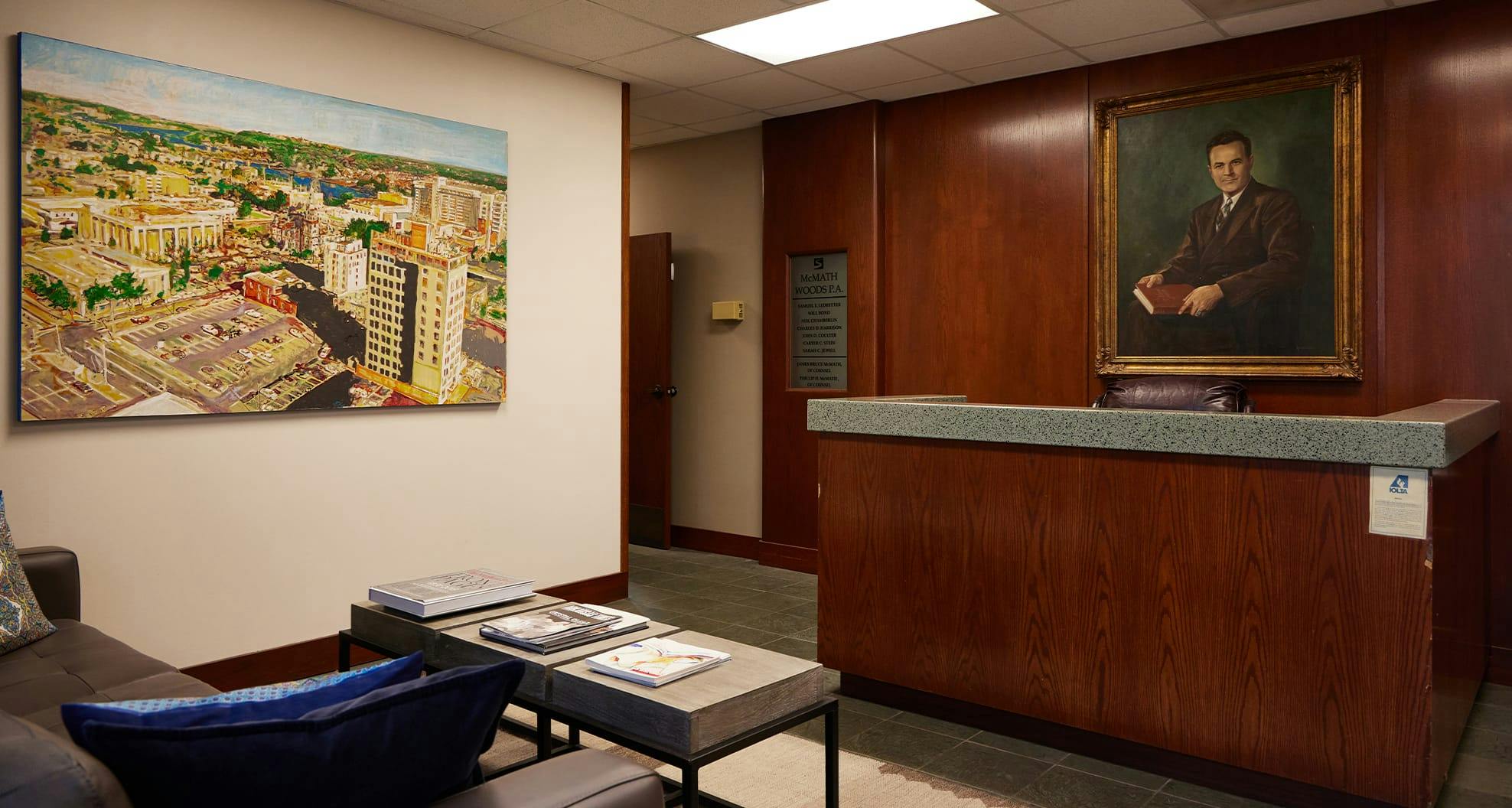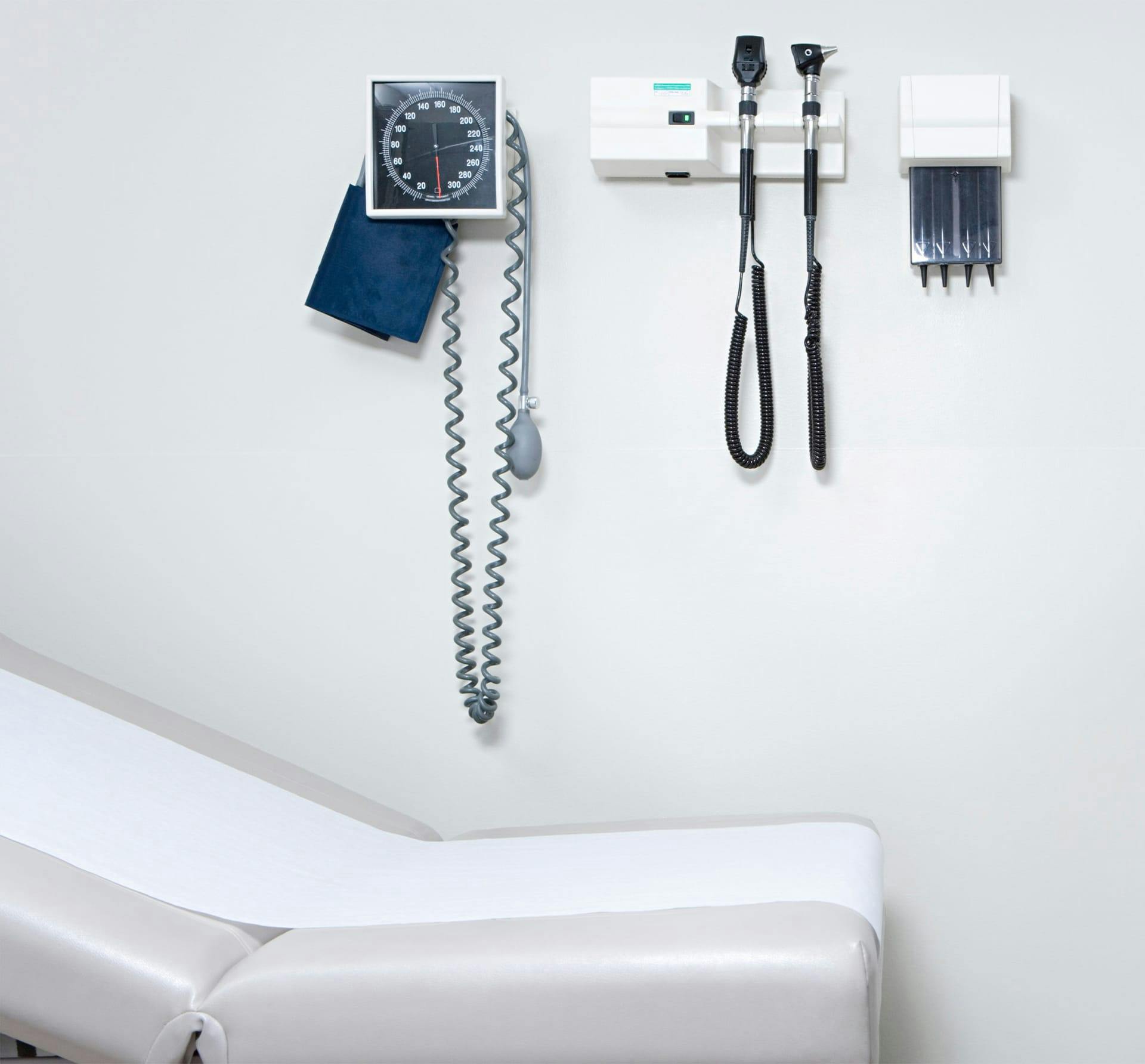Medical professionals are supposed to take care of you when you are at your most vulnerable. You should be better off when you leave a doctor’s office, the hospital, or care.
Examples of Medical Errors
When a healthcare professional is medically negligent, they can make errors in their patient’s care. Many factors lead to negligence in healthcare: understaffing, overworking, improper training, improper credentials, distractions, rushing, lack of care, and many others.
When a worker in the medical field is negligent, it’s not like when a worker at most other companies makes a mistake that affects a product. Healthcare professionals have a duty to care for the health of others, which means that when they’re negligent and make an error, it may put lives at risk.
You might have experienced a medical error and are unsure what to do next. Here are some common medical errors that happen in the healthcare industry that could have happened to you:
- Misdiagnosis
- Missed diagnosis
- Medication errors
- Defective medical devices
- Surgical tools left inside the body
- Infections
- Allergic reactions
- Wrong surgery site
If you don’t see what happened to you listed above, don’t worry—you still might have experienced medical malpractice. You’ll need to prove negligence to ensure that what you suffered from was actual medical negligence and wasn’t just care you were unsatisfied with. For the act to be an act of negligence, there must be four elements present:
- A doctor-patient relationship exists between you and the medical professional providing your care.
- They breached that relationship by failing to meet the standard of care.
- That breach directly resulted in you suffering an injury.
- That injury resulted in you incurring damages.
Once it is proven that your doctor, nurse, or other medical professional responsible for your care was negligent, you’ll need to look at what injuries were caused and the damages they resulted in.



